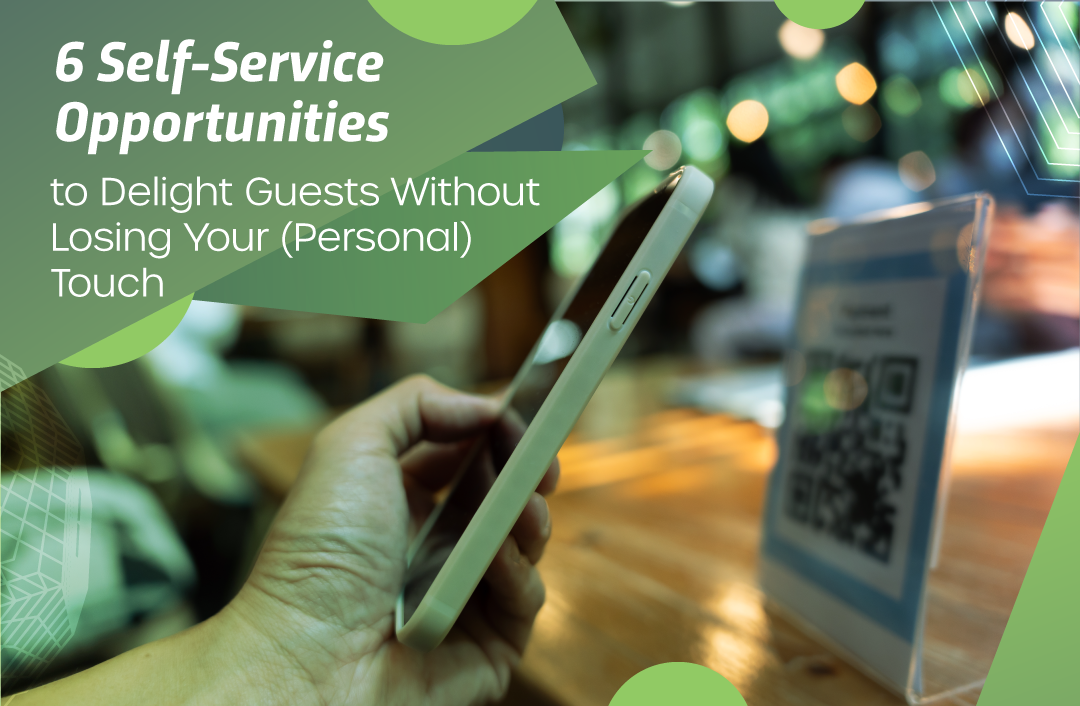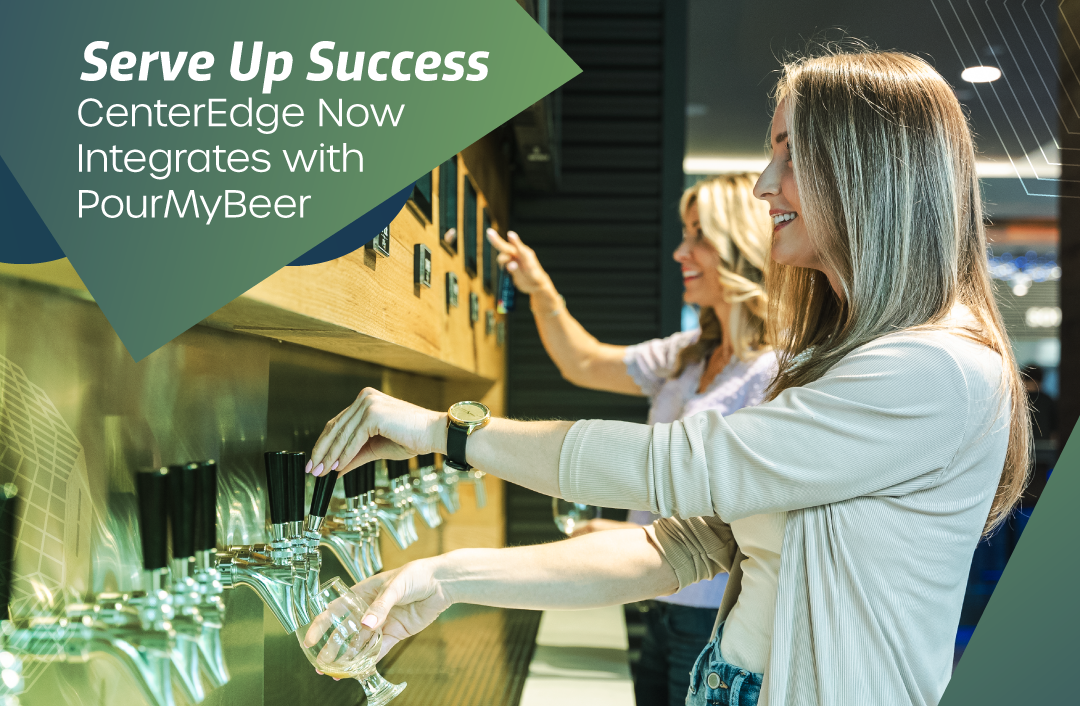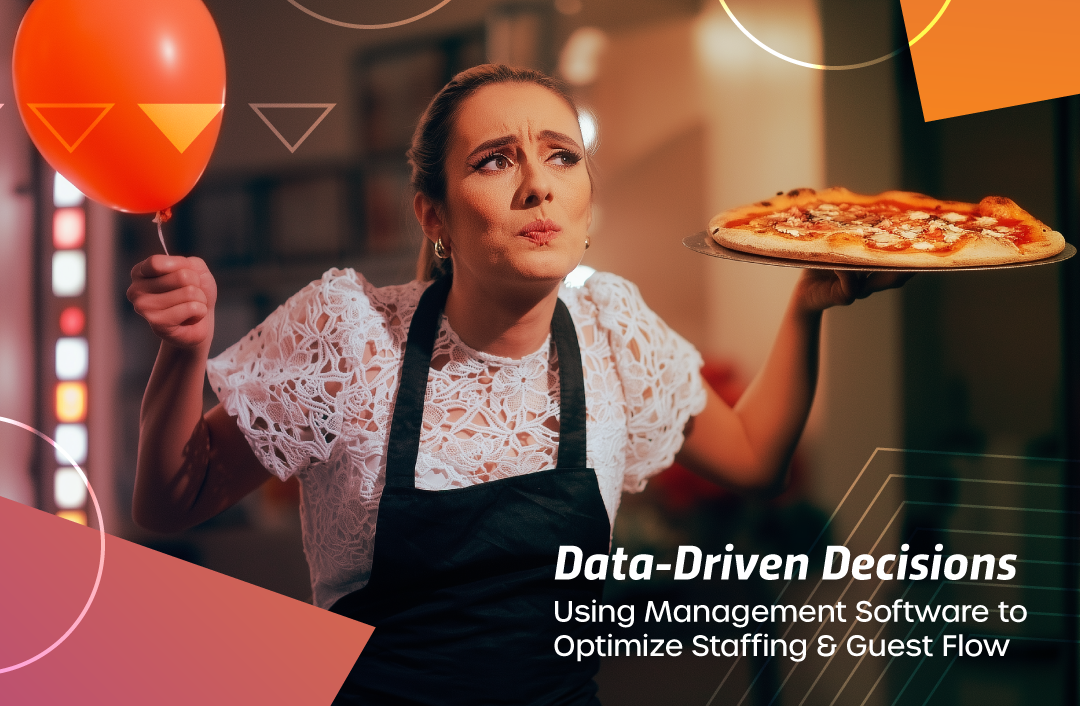What’s one of the main reasons FECs, amusement parks, skating rinks and other entertainment businesses are interested in using a Point of Sale System? Security. Entertainment businesses frequently rely on part-time teenagers who have a tendency to be less than honest. One of the simplest ways that an employee can make himself a “silent partner” in your business is to make a sale to a customer and then refund that transaction and put the money in their pocket.
In Marcus’ blog post, “How Loss Prevention Can Increase the ROI of Your FEC POS,” he mentions using security rights as a means of loss prevention. A good system will control certain functions, like refunds, with security rights. In the example I just gave, only managers would be given the security right to process a refund. The front-line cashier doesn’t have the security right, so he calls over a manager when a legitimate refund is needed. His scheme, however, no longer works. But how does your Point of Sale know that it is actually the manager authorizing the refund?
There are three primary ways of authenticating a user or, put simply, determining if a person is who they say they are: what a person knows, what a person has, or what a person is.
-
What A Person Knows: Technically called “knowledge factors,” this is the most common way of gaining access to any type of computer system. When you sign in to your email account, you use a password. ATM and debit cards use 4-digit PINs. One option for signing in to our Point of Sale is a 4-digit PIN. This is quick, easy and something everyone is very familiar with. The downside is that an employee watching carefully might be able to see which keys a manager presses. Or a busy manager could give their PIN to a cashier one time to save time on a legitimate refund. If the manager doesn’t change their PIN, the cashier can circumvent your security and once again give himself refunds. Regardless, there is a reason that you gave refund access to the manager and not the cashier. You should be the one deciding who gets access to each function, not your managers. PINs and passwords are a very good starting point, but there are better options.
-
What A Person Has: Known as “ownership factors,” this is one of the oldest security systems. The keys that you use to start your car and open your front door, as well as the remote that you use to open your garage door are all ownership factors. In the entertainment Point of Sale world, this usually takes the form of an access card. Just swipe your card and you’re granted access to CenterEdge Point of Sale. A lazy manager, though, could loan their card to another employee. The other employee can’t “memorize” the manager’s card, but the manager still has overridden your authority and given access to someone you didn’t want to have access. Also, a card could always be lost or stolen. If the manager realizes that the card is lost, it can be deleted from the system, but there is still a window of opportunity for theft.
-
What A Person Is: Officially called “inherence factors,” this is when a system identifies you by something that you do or something that you are. These are the biometric methods that you see in heist movies: fingerprint readers, retina scanners, voice recognition, DNA sequencing and more. While retina scanners would certainly be exciting, fingerprint readers are reasonably priced, reliable and extremely effective. Unlike a PIN or a card, your manager can’t give his fingerprint to the cashier. Fingerprints can’t be lost or stolen, either. Now you can be sure that the manager is actually standing at the Point of Sale and sees exactly what it is that they are authorizing.
When possible, using a fingerprint reader provides the highest level of security around your Point of Sale. PINs, passwords and access cards are both good systems, but neither offers you the level of protection that is provided by fingerprint readers. With a fingerprint reader, you know that one employee isn’t clocking in for another employee, using their manager’s access to give their friends free food or stealing by using a false refund scheme.
What are your thoughts on the different methods of logging in to Point of Sale systems? What do you currently use at your facility?
Interested in learning more about how we can help you secure your business and reduce employee theft? Schedule an online demo today!
{{cta(‘bc232220-e85b-48ef-a102-c48ce2681688’)}}
Search Resources
Subscribe to Email Updates
Featured Resources
Blogs //
6 Self-Service Opportunities to Delight Your Guests Without Losing Your (Personal) Touch

News //
CenterEdge Now Integrates with PourMyBeer to Help FECs Serve Up Success

News //
ClawCADE is Newest Concept for Fast-Growing Family Fun Brands

Blogs //
Data-Driven Decisions: Using Management Software to Optimize Staffing & Guest Flow

Posts by Topic
- Advantage Payments (7)
- Brand Management (19)
- Business Growth (81)
- Capacity Management (2)
- CenterEdge News (28)
- Client Interviews (8)
- Credit Card Processing (3)
- Data & Reporting (12)
- Digital Signage (1)
- Event Management (20)
- Facility Management (10)
- Food & Beverage (8)
- Guest Experience (34)
- Guest Management (20)
- Holiday Season & Promotions (5)
- Industry Events (10)
- Inventory Management (1)
- Loyalty Programs (8)
- Marketing Tips (24)
- Operations (1)
- Point of Sale (10)
- Product Launch (11)
- Productivity (5)
- Profitability (35)
- Redemption Management (1)
- Sales (35)
- Season Passes (1)
- Team Training (60)
- Waivers (2)

Leave a Comment